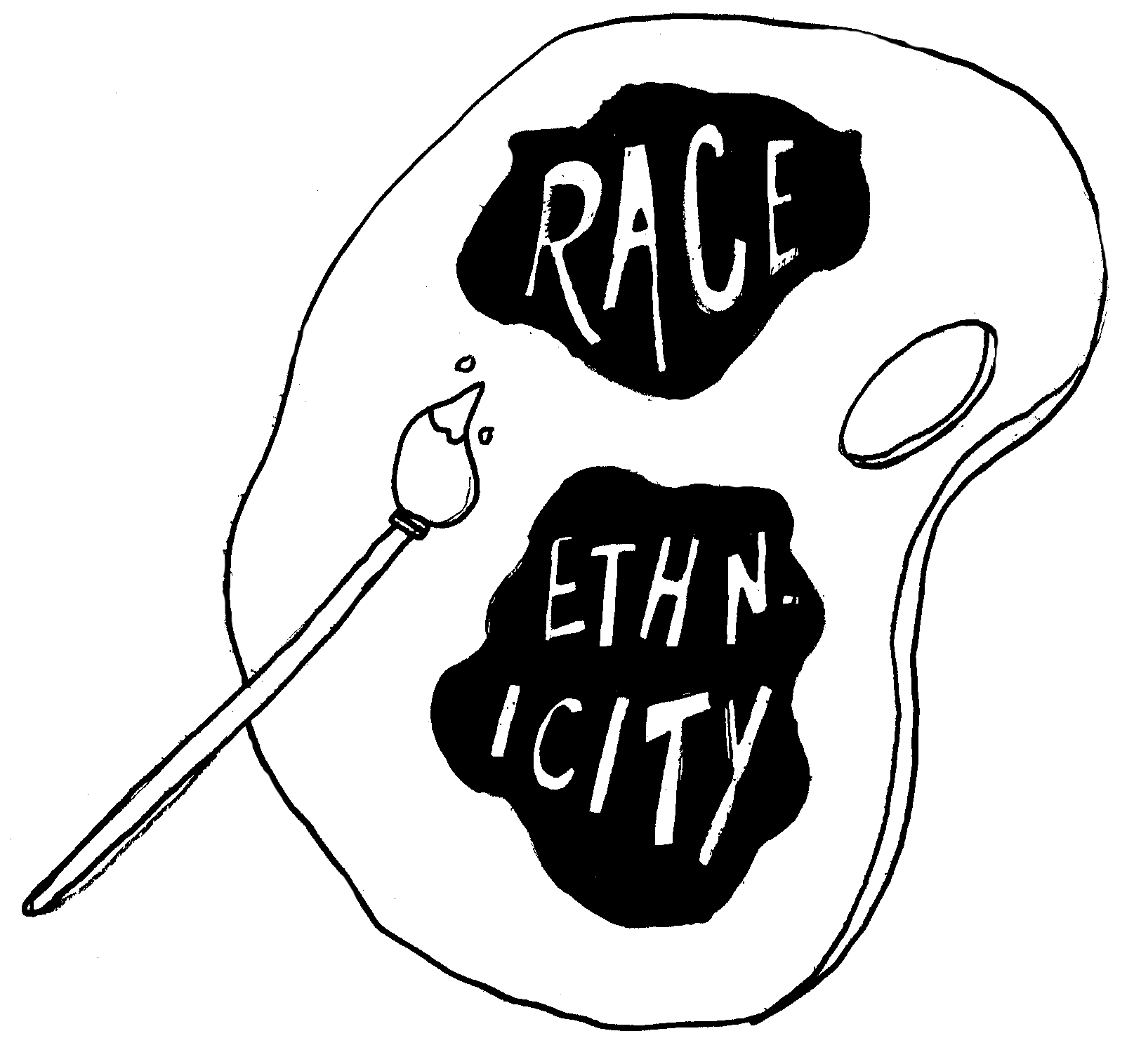Debunking the myth of color blindness in a racist society
April 13, 2017
 This
piece represents the opinion of the author
.
This
piece represents the opinion of the author
.
I particularly remember a conversation that I had with a college advisor about race during my senior year of high school. Specifically, it was an incident of overt racism that involved the conscious exclusion of a student of color from an event. My college advisor, a white woman, reacted in what appeared to be a blend of horror and shame. At one point during the conversation, in what I imagine to be an attempt to distance herself from the event, she pronounced her color blindness. “I can’t believe some people are like that. I personally don’t see color, I treat everyone the same.” Initially, I remember being appreciative of her unbiased racial outlook. After all, race is a social construct; its conception is therefore contingent upon our social selves.
Later that evening, however, I grew concerned with my reaction—or lack thereof. Race is something that is so present in the U.S. but its discussion is something that elicits discomfort in everyone. Was her insistence on color blindness merely a refusal to engage with the overt racism of the incident?
I realized that her words, “I personally don’t see color [race],” had struck me: What does it mean to be color blind in a society colored by racism?
I would like to clarify: race refers to skin color, whereas ethnicity is more aligned with culture. There exists a tendency to conflate race and ethnicity. Thus, when we talk about racism we are referring to the marginalization and oppression of various groups of people on the basis of skin color.
Color blindness is the racial ideology that posits the best way to end discrimination is by treating individuals as equally as possible, without regard to race.
This adoption of racial color blindness is not uncommon: topics involving race are often difficult to discuss. The notion of color blindness is, then, used as a device to disengage from conversations of race and racism entirely. This tendency is most prominent as it relates to campus discussions of race. The subtext of certain campus talks about race appears to be directed towards individuals who harbor negative sentiments about race. Those who insist on color blindness thus avoid these conversations, thinking, “Why would I need to attend this campus talk? I’m not racist.” These events, however, are designed to generate productive conversations about race.
While many of these discussions are directed towards the predominately white Bowdoin population, people of color often disproportionately outnumber white people in attendance.
Racial color blindness encourages people to look past race entirely and it encourages avoidance of acknowledging race in interactions and discussions.
Conversations about race, however, are necessary for everyone.
In a color blind society, white people, who are unlikely to experience disadvantages due to race, can effectively ignore racism in American life, justify the current social order and feel more comfortable with their relatively privileged standing in society. Many people of color, however, who are regularly hindered by race, experience color blind ideologies quite differently. Color blindness constructs a society that denies negative racial experiences, undermines cultural heritage and invalidates unique perspectives.
The notion that someone in the U.S. can lead a completely color blind life is not plausible. The awareness of race is woven into our nation’s history and its implications thus cannot be completely erased.
It is for this reason that I encourage campus discussions about race, as they simultaneously bring us away from a colorblind society and bring us towards a more racially conscious society.
I realize that there is no such thing as color blindness in our society. We cannot simply stop talking about race because skin color undeniably affects the way people experience the world. We all must actively engage with discussions of race.


Comments
Before submitting a comment, please review our comment policy. Some key points from the policy: